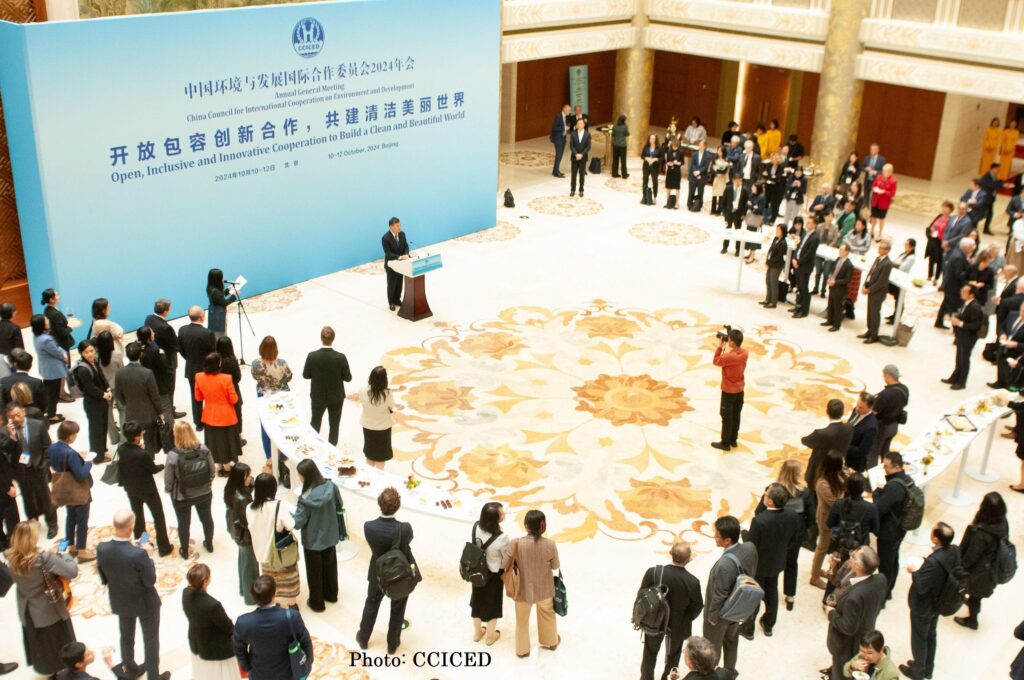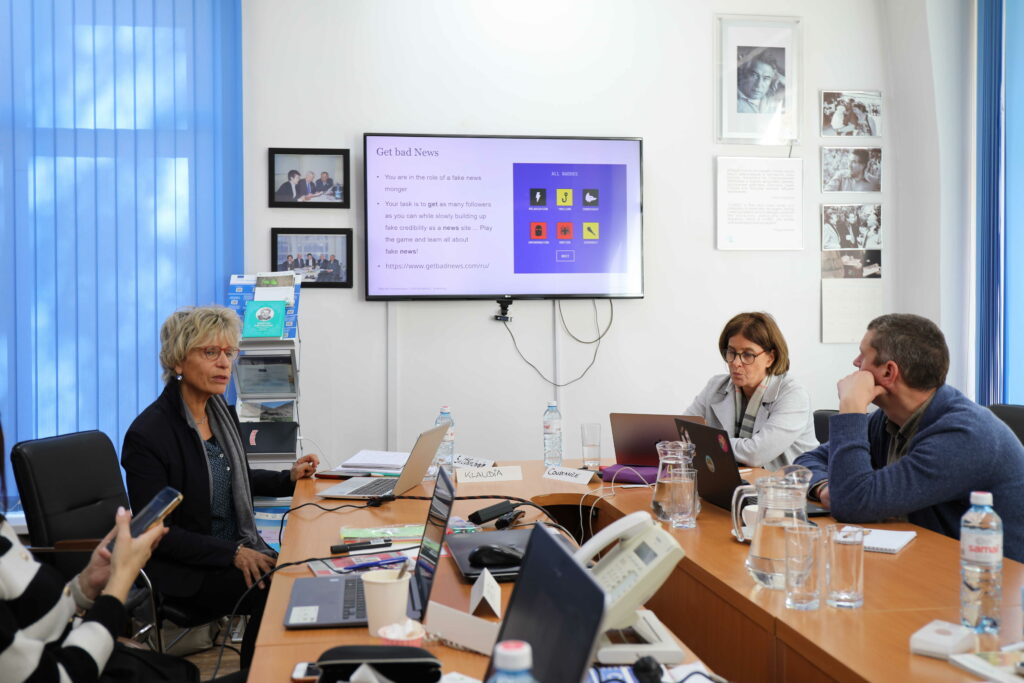The USAID Regional Project on Water Resources and Environment, as part of the implementation of Component 1 on Capacity Building and Education, initiated the development of a full-fledged course on Water Diplomacy and International Water Law for undergraduate/graduate students at universities in Central Asian countries.
With financial support from the Blue Peace Central Asia initiative, Professor Christian Breteau (Co-Director of the UNESCO Department of Hydropolitics at the University of Geneva) and his team also prepared a syllabus and taught a course on geopolitics and water diplomacy for IWRM master’s students at the Kazakh-German University (DKU). The two-week course took place in November 2020 and November 2021, and also in May 2022, within the framework of the VRSA, Training for Trainers was organized to promote this syllabus in the educational process.
This training is organized within the framework of the USAID Regional Project on Water Resources and Environment and the Blue Peace Central Asia (BPCA) Initiative, funded by Switzerland, for representatives of interested partner academic institutions and universities from 5 Central Asian countries in the field of water resources, ecology and agriculture. The event partner was the International Water Secretariat (Canada).
As part of the USAID regional project, this syllabus was supplemented with lecture materials on the following thematic areas:
Training for trainers on water diplomacy and international water law
• Water resources: conflicts and cooperation;
• Tools and tools for water cooperation and conflict resolution;
• International water law.
As additional materials, thematic cases were developed on the promotion of water diplomacy issues in Central Asian countries, seminars on the topics: practical negotiation skills at various levels and platforms using the example of thematic cases of Central Asian countries; Blue Peace Index2 – assesses the sustainable management of transboundary water resources and promotes cooperation at the basin level.
As part of Module 4 of this event (Practical skills for sustainable water cooperation in Central Asia), thematic cases on transboundary water management in Central Asia were reviewed. Representatives of Turkmenistan were represented by Georgy Kurtovezov, head of the Laboratory of Hydraulic Engineering and Water Use, with a presentation on the topic Cooperation of Turkmenistan on the use of waters of the transboundary river. Tejen (Gerirud) using the example of the construction of the Dostluk reservoir. As part of his speech, Mr. Kurtovezov briefly spoke about the main characteristics of the water basin of the Tedzhen River and shared his experience in the construction of the Dostluk reservoir. During the presentation, joint Turkmen-Iranian work on a transboundary facility and the mechanism of functioning of the reservoir and water intake throughout history were presented with detailed photographs of the entire complex of structures of the Dostluk reservoir. At the end of the speech, participants from Central Asia had many questions about the operation of the reservoir, the volume of siltation and the measures taken to combat it today, to which the speaker answered by giving recommendations to colleagues from Central Asia, based on the experience applied at the Dostluk reservoir.



